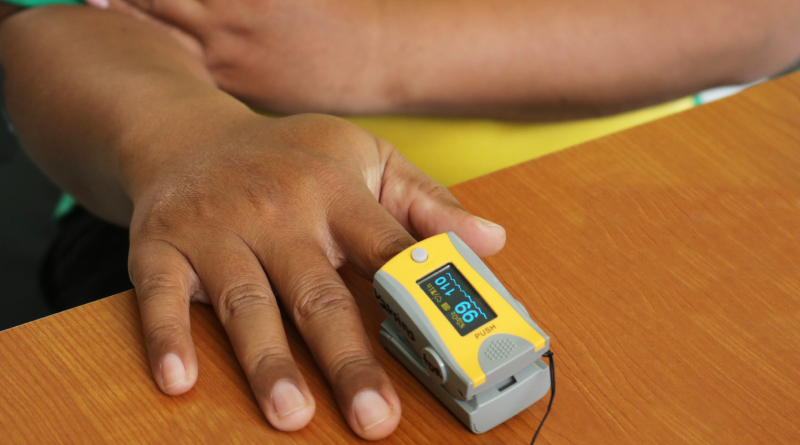How Low Can Your Oxygen Level Go Before You Die?
Humans cannot function properly without oxygen. If our bodies aren’t getting enough oxygen, our organs and tissues can’t function correctly, and we become ill. How low of a blood oxygen level can kill you? The factors that can help someone answer this issue are the focus of this article.
Quantifying Oxygen Content
Before discussing how low an oxygen level can get before you die, it is important to define what is meant by that term. A pulse oximeter can tell you how much oxygen is present in your blood. This gadget measures blood oxygen levels optically and can be clipped on a finger or earlobe. Normal oxygen saturation levels range from 95% to 100%. When oxygen saturation dips below 90%, it may be a sign of trouble with the respiratory system.
Causes Behind Changes in Oxygen Concentration
Several things can influence how much oxygen is in the blood:
1. Altitude
Your body’s oxygen absorption rate slows down as you ascend in altitude because there is less oxygen in the air. As a result, many visitors to high-altitude areas report experiencing symptoms such as shortness of breath.
2. Role of the Lungs
Asthma and chronic obstructive pulmonary disease (COPD) both impact lung function, so people with these conditions may have trouble getting enough oxygen into their blood.
3. The Role of the Heart
All of your body’s tissues receive oxygenated blood from your heart. When the heart isn’t functioning properly, oxygen delivery to the body’s organs and tissues can be compromised.
4. Anaemia
Insufficient red blood cells lead to anaemia, which prevents oxygen from reaching vital organs and tissues. Low blood oxygen levels may occur from this.
If the Oxygen Level Drops Too Low, Can a Person Die From It?
Given that it might vary depending on a number of factors, there is no simple solution to this question. Persistently low oxygen levels, below 60%, are fatal, though. When your oxygen level drops too low, your organs and tissues may not receive the oxygen they need to function properly, leading to symptoms like:
At less than half that level, oxygen deprivation becomes potentially fatal. Organ and tissue failure, convulsions, and loss of consciousness are all possible at this point.
How to Respond to a Falling Blood Oxygen Level
It is critical to consult a doctor right away if you have low oxygen levels or a disorder that affects your respiratory system. In order to raise your blood oxygen levels, your doctor may prescribe supplemental oxygen or other treatments.
Does Low Spo2 Matter?
Low blood SpO2 is dangerous. Lack of oxygen can cause unpleasant symptoms and even major health issues.
Hypoxemia occurs when SpO2 goes below normal levels, which are 95% to 100%. In extreme circumstances, this might cause unconsciousness, shortness of breath, fatigue, confusion, and dizziness.
Low SpO2 can damage the brain, heart, and other organs. Coma and death are possible. If your SpO2 values drop while on oxygen therapy, seek medical attention immediately. Doctors can diagnose and treat low blood oxygen saturation (SpO2) by visiting you.
How Much Oxygen Deprivation Causes Brain Damage Or Death?
A person’s ability to endure low oxygen levels before suffering brain death or passing away is conditional on a number of variables, including their general health, age, and duration of exposure to low oxygen.
There is little risk of permanent injury to a healthy adult from a temporary decrease in oxygen saturation (SpO2) to around 90-92%. However, brain and heart damage, as well as death, can result from oxygen levels staying below 90% for an extended period of time.
Individuals may react differently to low oxygen levels, so keep in mind that this is just a guideline. Also, some persons may have pre-existing diseases that render them more vulnerable to the effects of low oxygen levels, necessitating medical attention even at greater SpO2 levels. Talk to your doctor if you’re concerned about your blood oxygen levels.
Conclusion
Simply put, getting adequate oxygen is crucial to your health. How low your oxygen level can go before you die is a subject without a simple solution, but it is critical that you keep track of your levels and seek medical attention if you experience any of the accompanying symptoms. If you want your body to function at its best, you need to make sure it’s getting the oxygen it needs by taking care of your respiratory and cardiovascular systems.




